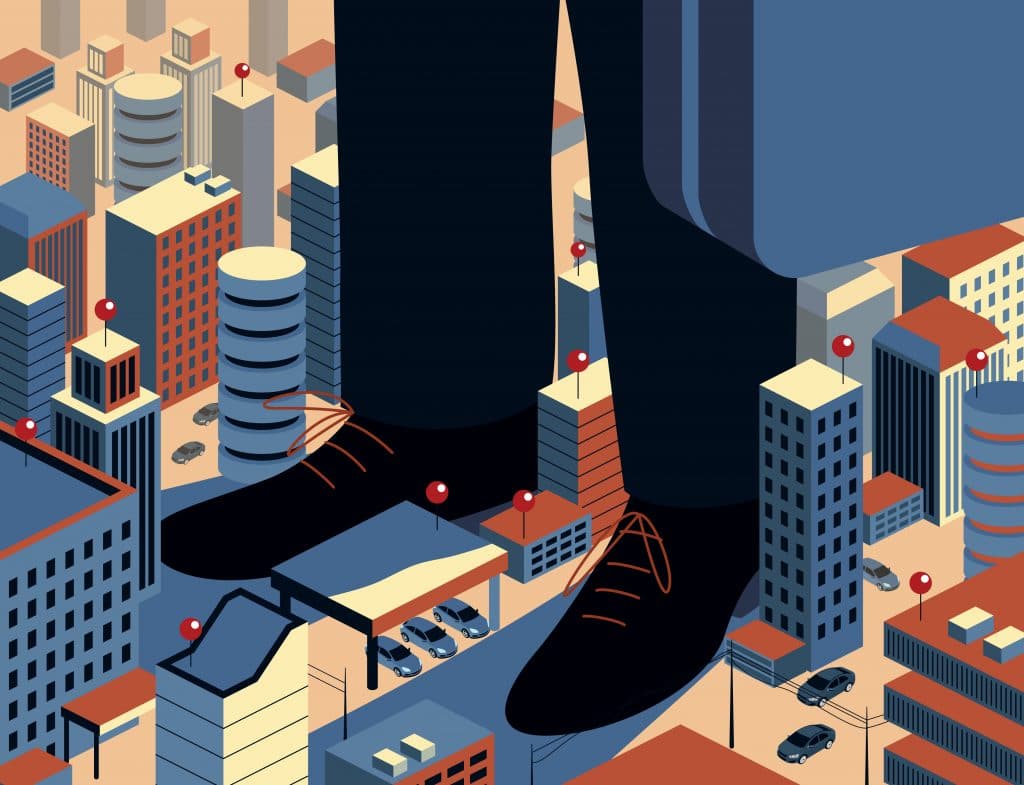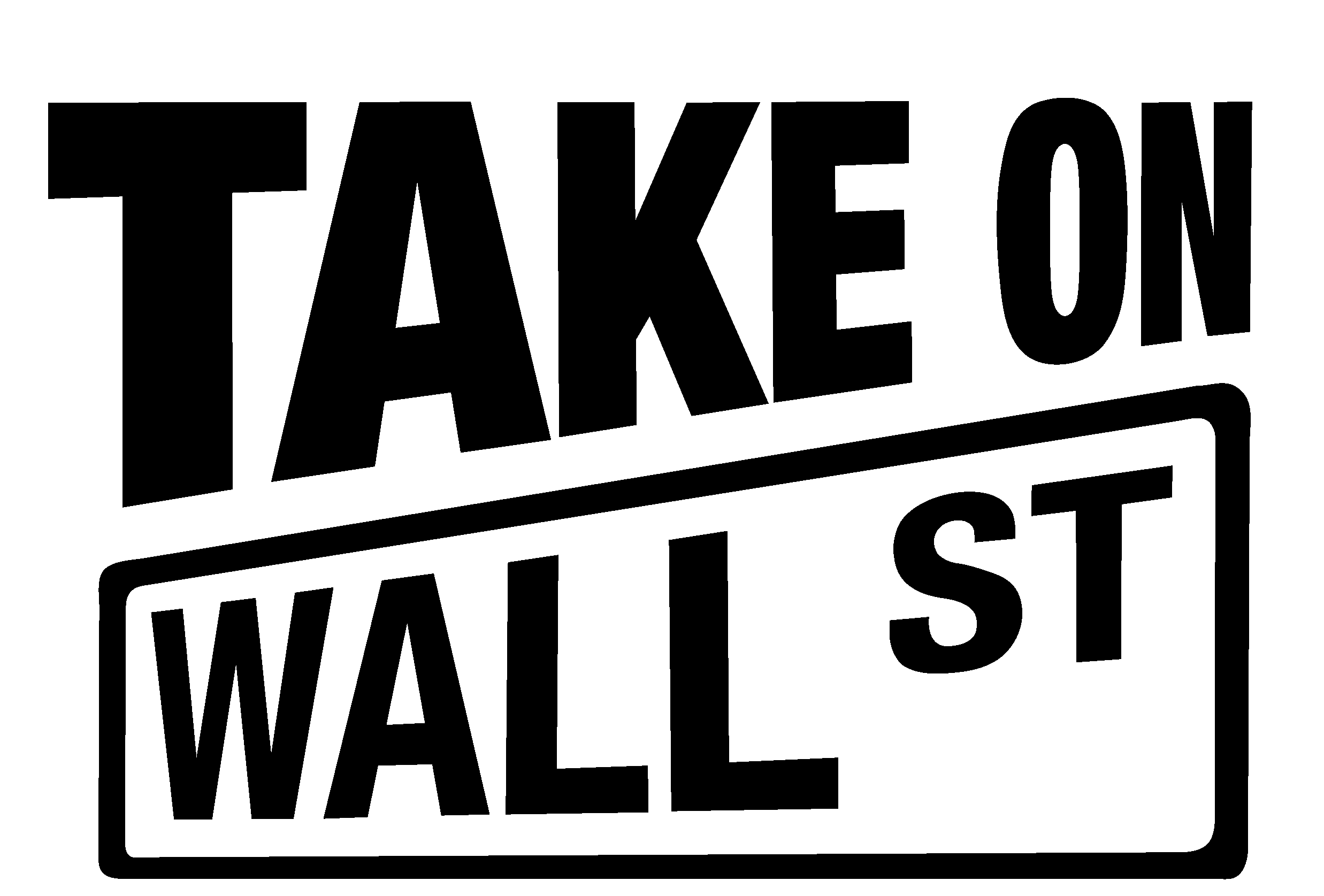Stop Corporate Greed

Greedy financial executives often take a short-term “take the money and run” approach, which leads to booms and busts and makes our whole economy less stable. This wealth extraction is not color blind, and targets low-income communities, communities of color, and most acutely, women of color. This greed actively creates and protects an inherited aristocracy, which sows structural inequality and undermines our democracy. We fight for a world where workers have more power over corporate decision making. Since the impacts of corporate decision-making are felt by all of us, the corporate executives who make those decisions should be accountable to more than just their profit-seeking boards. Fortunately, there are actions we can take to stop this corporate greed and change incentives so that corporations make decisions taking into account workers, communities, and the planet.
CEO Pay and Executive Compensation
The gap between CEO and average worker pay in 2021 stood at a staggering 324 to 1, according to the AFL-CIO. It hasn’t always been this way. In the 1960s, CEOs made just 20 times more than average workers. Big banks, private equity funds, and other big corporations offer massive payouts to their top executives, encouraging them to do whatever it takes to hit the short-term jackpot — regardless of the harmful impacts their reckless actions might have on workers and their communities. The good news: numerous commonsense proposals for addressing excessive CEO pay and huge CEO-worker pay gaps are gaining momentum. Read on >
Stock Buybacks
“Stock buybacks” are when companies buy back their own stock from shareholders on the open market. When a share of stock is bought back, the company reduces the number of shares left in the market, which raises the price of the remaining shares. Buybacks were considered illegal market manipulation until the 1980s. Company executives have every incentive to buy back stock since most of their compensation derives from shares and a higher share price makes them personally richer. The good news is that there are proposals that range from eliminating stock buybacks on the open market again to taxing the practice. Read on >
Private Equity
The private equity industry is massive, hugely influential, and playing a role in more and more aspects of life in the US and around the world. Much like the corporate raiders of the 1980s, these private Wall Street firms are increasingly buying control over businesses, housing, education, consumer lending, energy, infrastructure and more, making a small class of money managers extremely rich. We advocate for policy changes to address the predatory elements of the private equity business model that harm workers, investors, and communities, making private equity executives legally liable for the damage they cause, stop the looting, close tax loopholes and change rules that encourage it, protect workers if employers go bankrupt, and require the firms to be transparent to investors in disclosing costs and returns. Read on >
